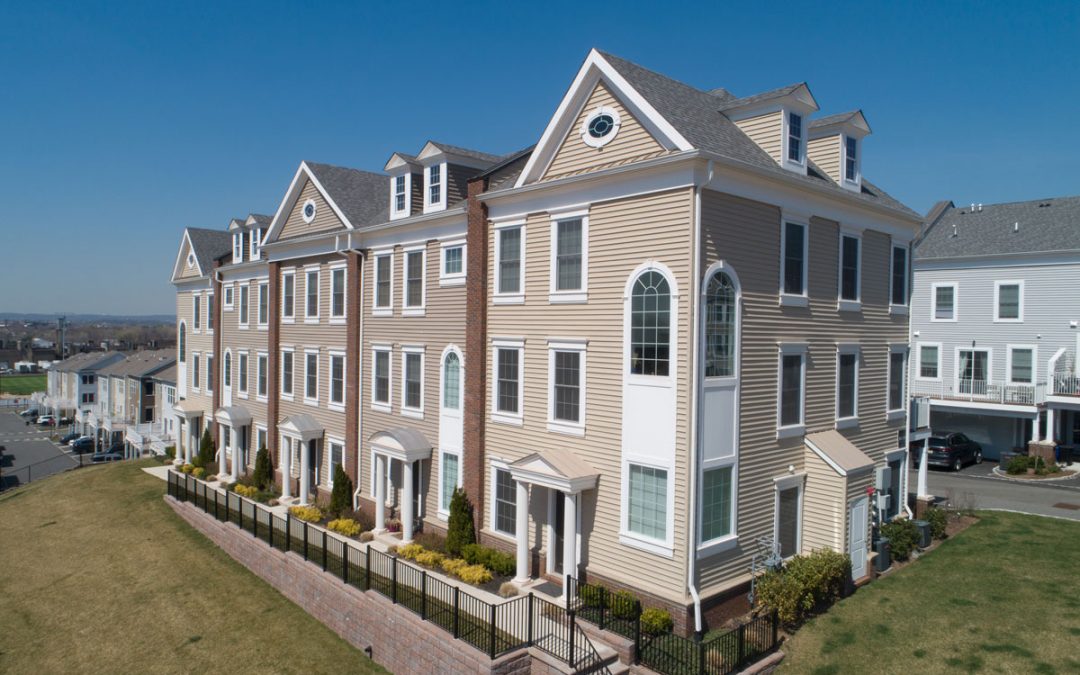As you know, the property management and real estate industry is not the same way it was 50 years ago. Technology has advanced, new trends have emerged, and overall, consumer preferences have shifted. Our world is constantly changing because it is being tossed in the hands of future generations, who are soon going to be the leaders of the world.
Millennials, born in the early 1980s and mid-1990s, have already started to reshape several industries, from retail to restaurants, and it would only make sense that they are also going to reshape the real estate and property management industry.
Looking at 2020, Millennials are prime candidates for the rental market and are projected to buy the most houses. Specifically, in the Spring, Millennials’ share of mortgage originations exceeded 50%, outnumbering the share of homes purchased by both Gen X and Baby Boomers, at 32% and 17%. Millennials are also currently the largest generation in the U.S., once marked by uncertainty or inability to buy homes, now have begun to reconsider their goals. The largest age group among Millennials, 4.8 million to be exact, will be turning 30 this year and starting to reach milestones, like being on their first or second job, starting a family and having kids, and having more financial duties to worry about. These are likely some of the reasons why there is such a big push for this generation to buy houses.
Now, where do Millennials want to live? As families grow, they are more interested in “family-friendly lifestyles and affording housing” in modest, mid-size city apartments and suburban homes. Prior, this generation typically preferred bustling downtown cityscapes with shops and cafes at every corner, in luxurious and convenient urban condos. Builders and developers are taking notice of this shift, creating walkable, likable neighborhoods that combine retail shops, experiential places with offices, and residential properties. Remember, Millennials are still young and want to go out and meet new people and new places when possible so make sure you market your neighborhood that way and make it attractive to the buyer.
Other things to note for Millennials are their experience with technology and concern for the environment. Living spaces will need to include modern technology, more eco-friendly features, and allow pets to be able to attract Millennials. Although pets have always been frowned upon by property owners, landlords, and homeowner associations, the bottom line is Millennials love them. If you do not allow pets, you are eliminating a large portion of your market. Instead, when making development, construction, and furnishing decisions, keep pets in mind. For example, when choosing between hardwood or carpet floors, hardwood is the way to go. By coming to the rescue and allowing pets, you will find loyal, long-term residents who appreciate living in your property.
Regarding the increased interest in eco-friendly features, Millennials are looking to live more sustainably and are eager to do their part in helping the environment, whether it is helping limit pollution, climate change, or the overuse of natural resources. Some eco-friendly home features that are popular include non-pollutant paint, solar panels, and even having nearby farmers markets, public transportation, schools, and parks & kid-friendly activities in the neighborhood, to reduce their carbon footprint. Another big thing to remember with this is that Millennials will be willing to pay a premium for these eco-friendly additions.
Lastly, Millennials grew up with the Internet and somewhat advanced technology, compared to older generations, so there is no turning back from there. You need to make sure your property facilitates their lifestyle as digital natives, with excellent Wi-Fi and equipped USB wall outlets for charging. Millennials will also be looking for some other “smart” upgrades worth the time and small expense, like a Wi-Fi video doorbell, smart thermostat, smart lighting, Bluetooth capabilities, and safety & security. But don’t stress, you do not need to create a full-on “smart” property, just enough to boost your listing and attract residents.
And not only does the property need technology, but many Millennials will rely on technology and the Internet to view properties instead of an in-person visit, and get other services, like virtual payments and other inquiries. In fact, 86% of Millennials own and use a mobile phone regularly. With that, social media will be a big influence and communication tool between potential and current tenants and properties, with 82% of Millennials using Facebook, 55% using Instagram, and 30% using Twitter. Clearly, the days of flipping through a newspaper to look for homes or apartments for sale or rent are over, and social media is the big dog now.
Some other interesting trends to prepare for include swing spaces for remote work and short-term rentals, co-living spaces with services included, common rooms for adults, and preferred renting over buying.
Looking at the property management industry specifically, the Millennial generation seems to be the perfect fit for it as well. Millennials make up an increasing percentage of the workforce, looking for a career path that is both exciting and leveraging their strengths, and smart property management companies should put a premium on attracting this generation into their property management business. Many Millennials are finding themselves with the opportunities and stability they need in these property management jobs, including innovation, flexibility, and collaboration. Right now, property management companies are hiring Millennials for their tech-savvy and problem-solving skills, also noticing that renters often feel comfortable interacting with people like themselves.
What better person to work and sell to a Millennial than another Millennial? This generation is projected to boost the industry and provide new ways of doing things soon and we should prepare for it!






